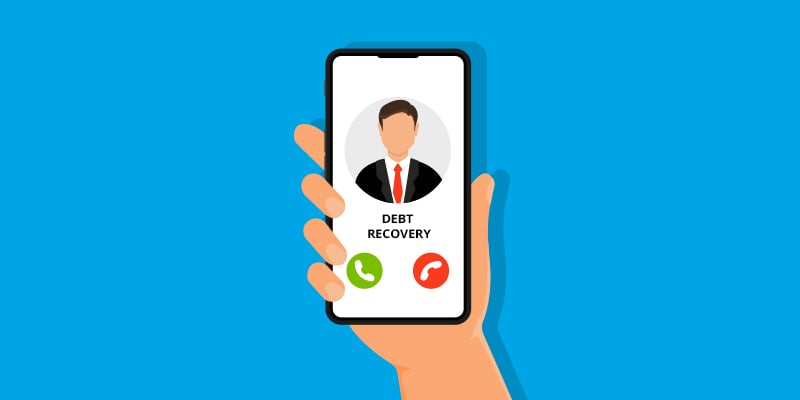
B2B (business-to-business) and B2C (business-to-consumer) debt collections are different. Agencies that collect from individuals will use different collection tactics and are subject to harsher regulations than those that collect from businesses. Often these agencies choose to separate consumer collections from commercial collections because the processes vary.
Understanding the difference between collecting debt from a person and a business will help determine the service your business needs.
Debt Collections from Consumers
If your business sells to or issues credit to individual people, your market is referred to as business-to-consumer or B2C. B2C businesses include retailers, landlords, healthcare, banks, utility companies, and more. Your customer pays your business in a single transaction or makes recurring payments. When they stop paying, B2C businesses will end the service, repossess the product, evict the tenant, foreclose on the home, or close that account. It's then that they rely on debt collections to get the account out of default or at least pay it off.
When hiring a consumer debt collections company, it's important to understand that collecting from a person is regulated by the Fair Debt Collections Practices Act (FDCPA). This legislation limits when and how collectors track down payments so that the individual debtor is protected from harassment and threats.
Debt Collections from Businesses
If your business provides goods or services to other businesses, such as manufacturing materials, consulting, professional services, or anything as-a-service, your market is referred to as business-to-business or B2B. Business relationships are built over a length of time, often before a transaction even occurs, and involve contracts and agreements due to the cost of the goods and services. When payment stops during the contract's lifetime, a business's course of action could include ending services, halting shipments, and potentially litigating for breach of contract.
Although the B2B collection process is not as regulated as the consumer collection industry (under the FDCPA), some states do require certain licensing to collect from other businesses. Commercial collections agencies will work to bring the account current while honoring the brand reputation and the valuable relationship between the two businesses.
The Difference Between B2C Debt vs. B2B Debt
Debt in any business can be concerning, but there's a difference between missing the funds owed by an individual versus those owed by a business. Individual accounts are usually quickly backfilled versus the time and effort it would take to win new business from another organization. Unpaid business invoices could affect the working capital required to keep the creditor afloat. An unpaid individual account is likely not going to prevent a business from keeping their employee paid.
If you're wondering which type of debt collection you require (it could be both!), let us know. Enterprise Recovery, LLC specializes in B2B debt collections, but our sister company, BYL Collections, focuses on B2C.




